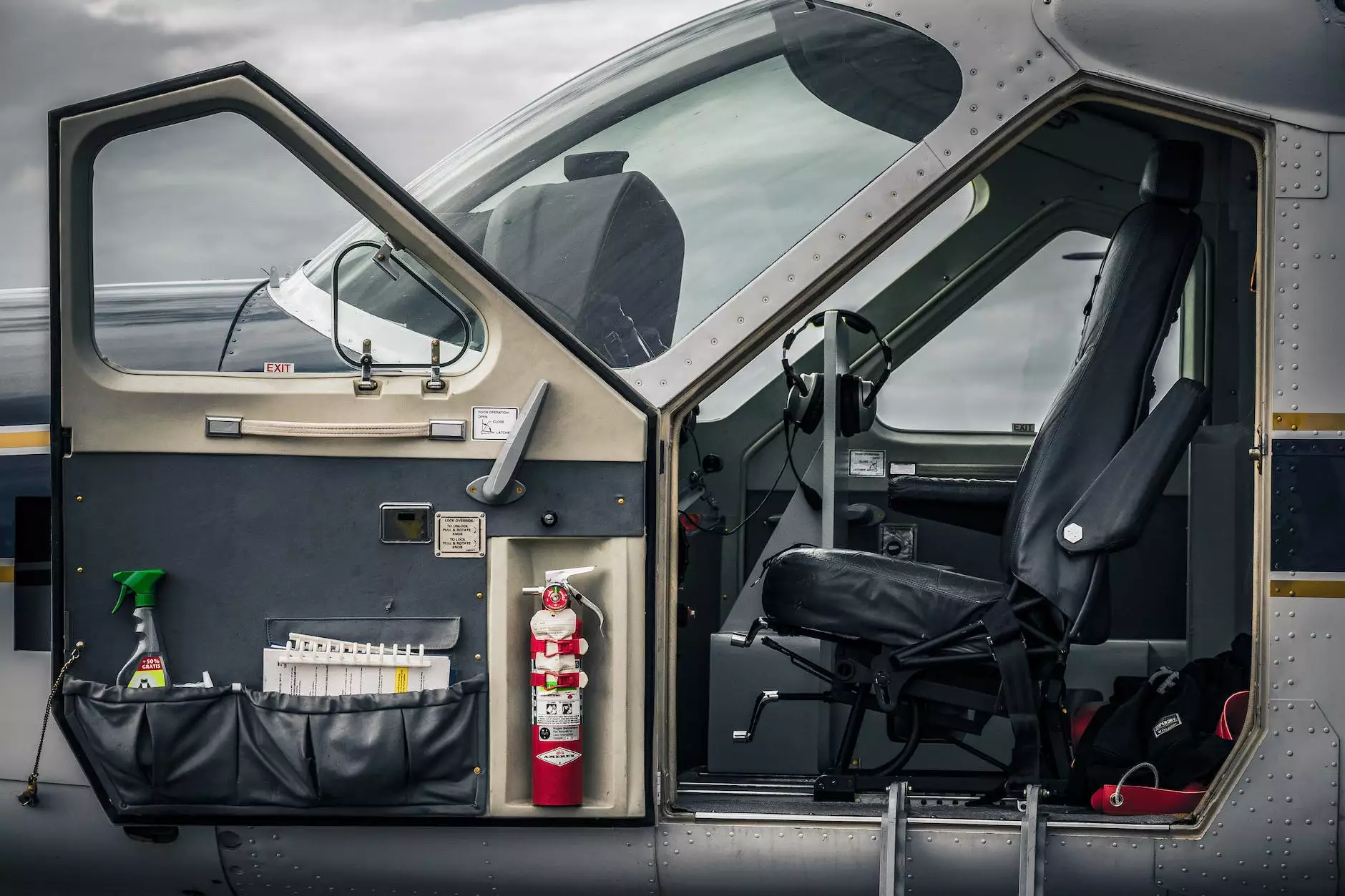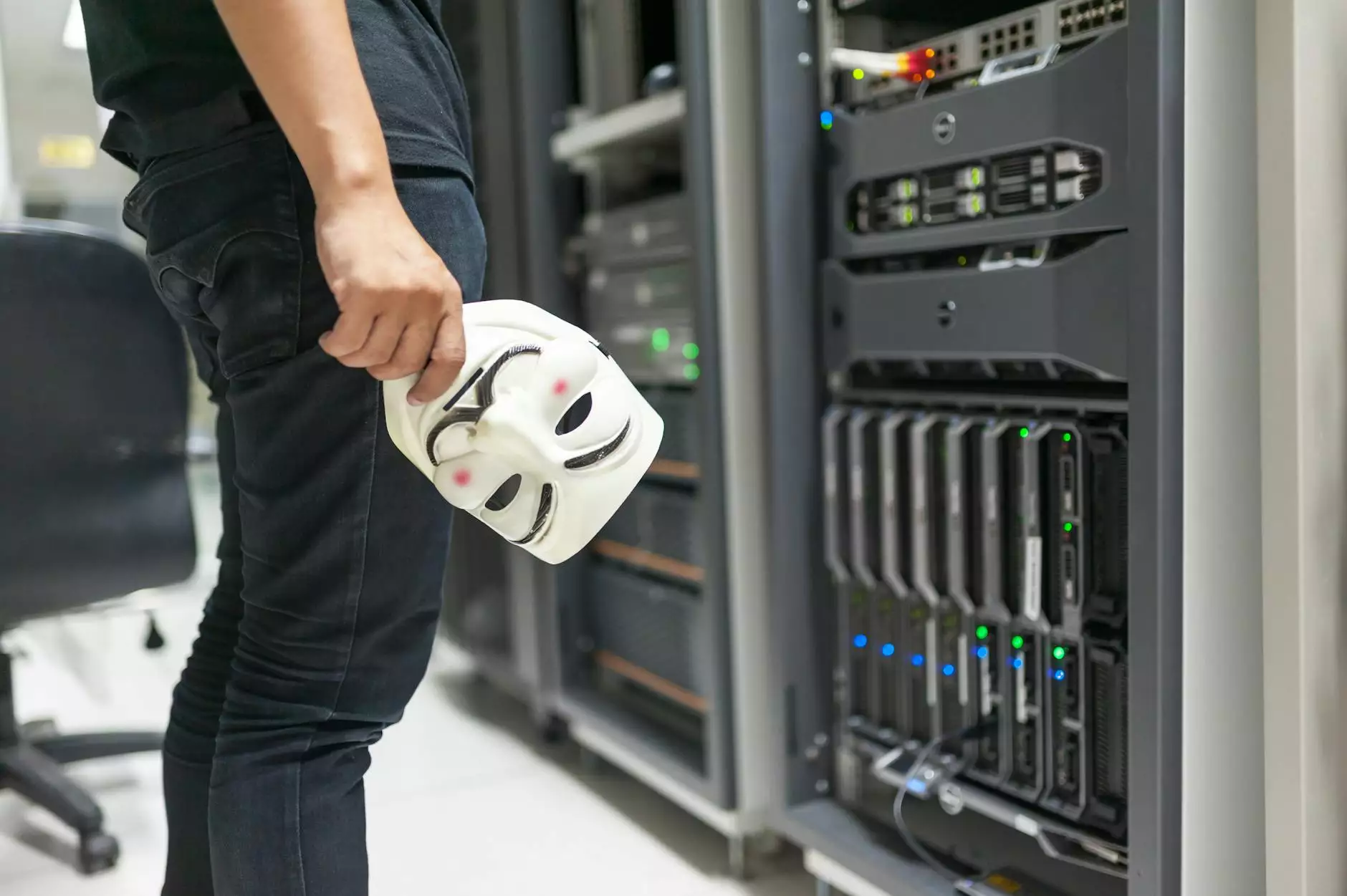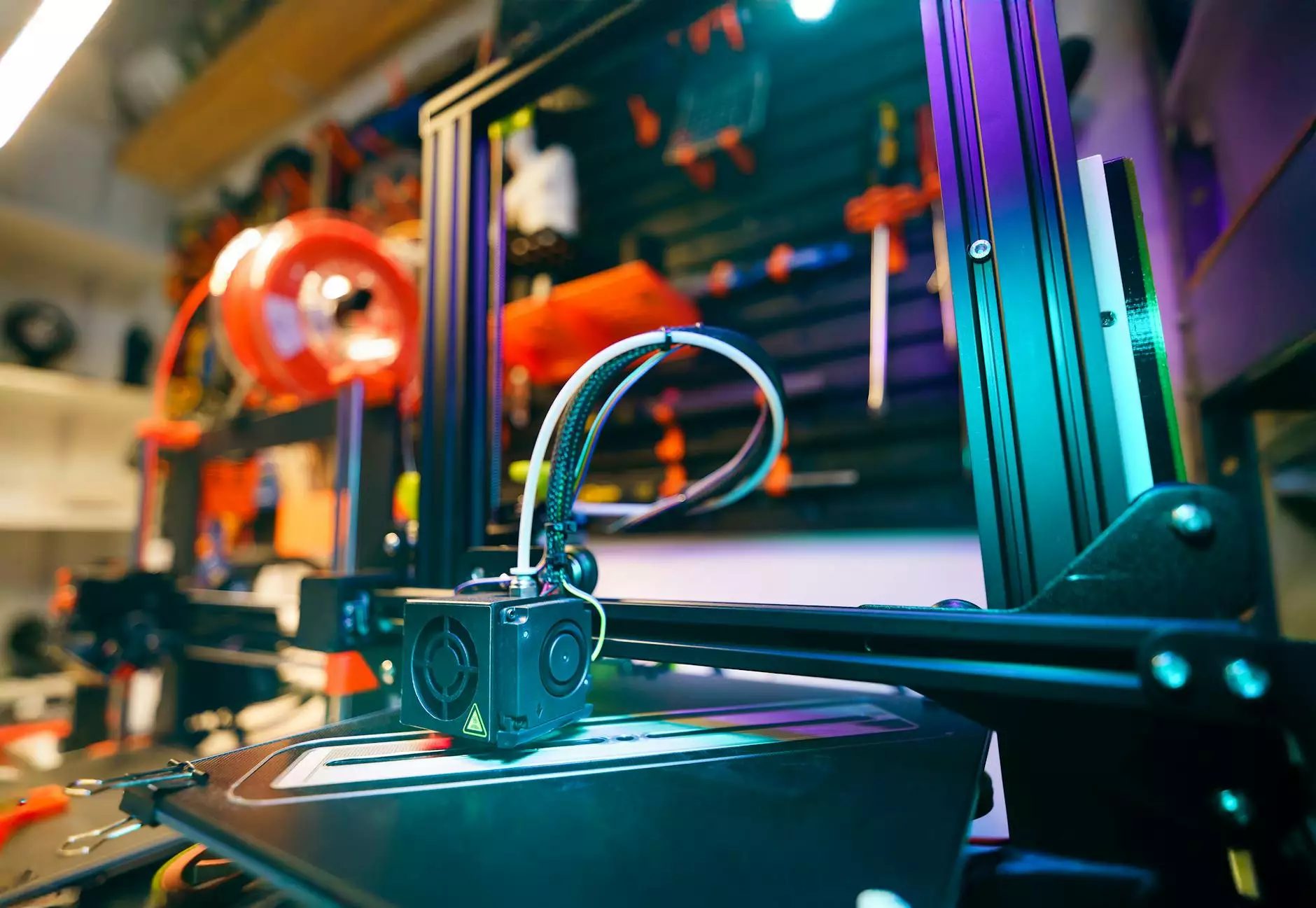Revolutionizing the Skies: The Impact of Mobile Airline Tech

Introduction to Mobile Airline Tech
Mobile airline tech refers to the innovative technologies that airlines deploy to streamline operations and enhance customer satisfaction through mobile devices. This evolution is pivotal in today's fast-paced, technology-driven world, changing the landscape of air travel.
The Transformative Power of Mobile Airline Tech
With the introduction of mobile airline tech, the aviation industry has witnessed a significant transformation. These technologies not only boost operational efficiency but also vastly improve the overall passenger experience.
Enhancing Operational Efficiency
The integration of mobile tech allows airlines to optimize their operations in various ways:
- Real-time updates: Airlines can provide real-time updates on flight statuses, delays, and gate changes, helping passengers make informed decisions.
- Streamlined check-in processes: Mobile check-in apps speed up boarding while reducing queues at the airport.
- Data collection and analytics: Airlines can gather and analyze data to improve services and customize marketing efforts.
Improving Passenger Experience
Passengers today demand personalization and efficiency, driving the need for mobile airline tech. Here’s how it enhances their journey:
- Mobile boarding passes: Eliminating the need for paper tickets, these passes are convenient and eco-friendly.
- In-flight connectivity: Offering Wi-Fi and other mobile services keeps passengers entertained and connected.
- Loyalty programs: With mobile apps, airlines can easily manage and promote loyalty points, enhancing customer satisfaction.
Key Components of Mobile Airline Tech
The foundation of mobile airline tech consists of several key components that work synergistically:
Mobile Applications
Airlines are increasingly developing specialized mobile apps that serve several functions:
- Booking flights: Effortlessly search and book flights from anywhere.
- Manage bookings: Easily modify travel plans, add luggage, or select seats.
- Access customer support: Immediate assistance through chat or call functionalities.
Customer Relationship Management (CRM) Systems
Advanced CRM systems allow airlines to:
- Track customer interactions: Understand passenger behavior and preferences.
- Personalize marketing campaigns: Offer tailored content and deals based on previous purchases.
Data Analytics Platforms
These platforms analyze vast amounts of data to:
- Predict trends: Anticipate customer needs and industry changes.
- Optimize pricing strategies: Use predictive analytics for competitive pricing.
Benefits of Mobile Airline Tech
The benefits of utilizing mobile airline tech are profound, affecting various aspects of the airline industry:
Cost Savings
By automating processes and enhancing operational efficiencies, mobile tech leads to significant cost reductions. Airlines save on ground handling costs and improve resource allocation.
Enhanced Customer Loyalty
Mobile app users tend to show increased loyalty to airlines that offer feature-rich, user-friendly applications. Customers appreciate the personalized experience and are more likely to return for future travels.
Environmental Impact
Shifting to digital solutions minimizes paper usage, reducing the carbon footprint. Airlines embracing mobile airline tech contribute to more sustainable practices.
Case Studies of Successful Implementation
Several airlines have successfully integrated mobile airline tech, establishing benchmarks for others to follow:
Delta Airlines
Delta has taken significant steps with their mobile app. Features like the Real-Time Bag Tracking allow passengers to monitor their luggage throughout their journey, enhancing peace of mind and reducing stress.
American Airlines
American Airlines uses mobile technology to provide personalized travel itineraries and seamless check-in experiences, effectively boosting customer engagement and satisfaction.
Emirates
Emirates’ app integrates a host of functionalities, from booking flights to accessing entertainment options on-board, illustrating how comprehensive and user-centric mobile tech can enhance travel experiences.
The Future of Mobile Airline Tech
As technology continues to evolve, the future of mobile airline tech looks promising:
Integration of Artificial Intelligence (AI)
AI technology can enhance personalization, predictive maintenance, and customer service.
Enhanced AR and VR Experiences
Augmented Reality (AR) and Virtual Reality (VR) could revolutionize the way passengers engage with airlines, offering immersive experiences for planning travels and during flights.
Blockchain for Security
With the rise of data breaches, blockchain technology will likely play a crucial role in securing transactions and customer data.
Conclusion
In conclusion, mobile airline tech is undoubtedly reshaping the aviation industry for the better. By improving operational efficiency, enhancing passenger experiences, and driving cost savings, airlines are positioned to meet the growing demands of modern travelers. As technology continues to advance, the potential for even more impactful innovations is limitless. Airlines that embrace these changes will not only thrive but will also lead the way into the future of air travel.
For more information about how mobile airline tech is shaping the future of aviation and enhancing customer experiences, visit awery.aero.









